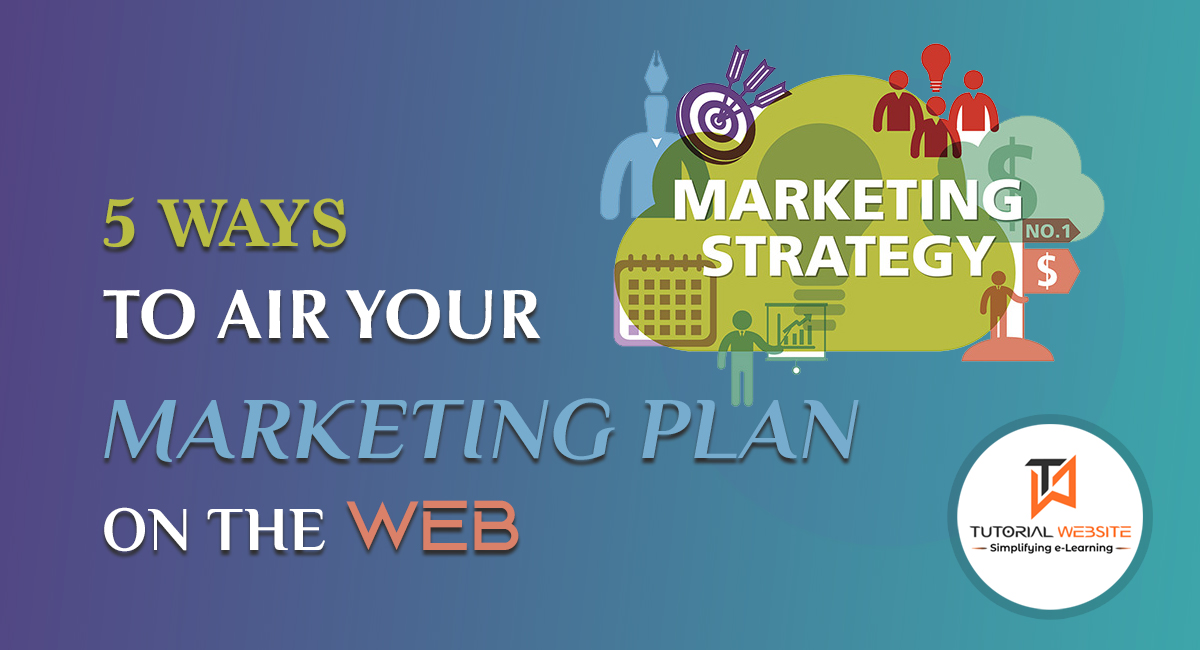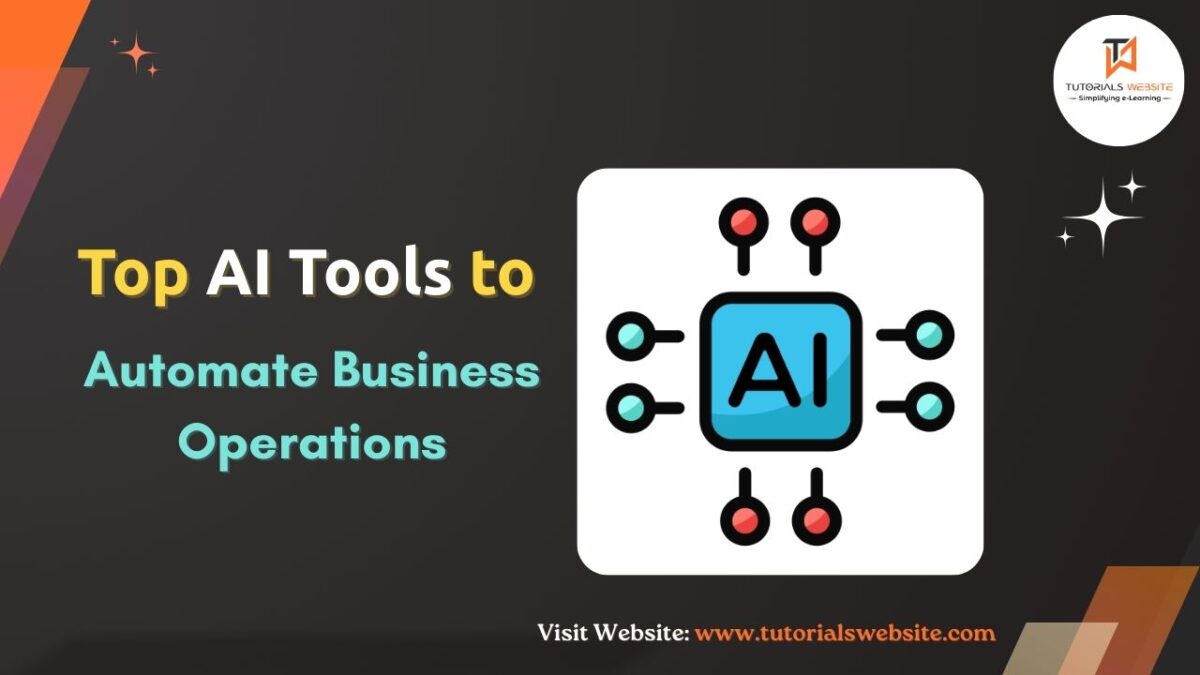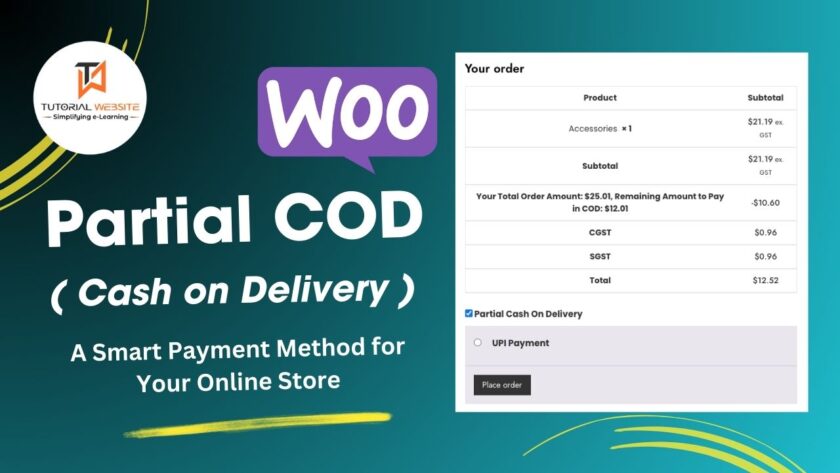Introduction
Whether you’re starting a small business or have an established one, it’s important to have a well-developed marketing plan in place. But don’t just take our word for it—read what other podcasters have to say about the importance of an effective marketing strategy. Here are five tips on how to put together your plan and get started:
Suggested Read: 8 Major Google Ranking Factors You Shouldn’t Ignore
1. Define Your Target Audience.
Before you start writing your marketing plan, it’s important to define who your target audience is. This means understanding the different types of people who might be interested in your product or service. For example, if you want to sell a product that helps students learn more effectively, you need to know the type of person who is most likely to want to use that product.
Additionally, create personas for each individual customer that you want to market to. This will allow you to focus on what they want and not worry about what others may think of your product or service.
Create Personas for Your Target Audience
Personas can be incredibly helpful when planning marketing campaigns. By creating specific characters for each audience type (e.g., students, professionals, etc.), you can create storylines and persona-based ads that are engaging and memorable for your target audience. Additionally, by having a good level of detail about each persona, you can create realistic ads that convincingly convey the emotions and needs of your target audience.
Write Ads that Convince Your Target Audience to Buy Your Product or Service.
When it comes to writing effective marketing ads, there are a few key things you need to keep in mind. For example, make sure your ad has a clear target audience, is believable, and is relevant to the product or service you’re selling. Additionally, make sure your ads are formatted correctly and that they use natural language processing (NLP) to understand the needs of your target audience. By using NLP techniques, you can create ads that are more user-friendly and engaging than those typically written in traditional marketing languages.
2. Set Your Goals.
Your overall marketing goal should be to generate leads and sales for your business. To do this, you need to set goals that are specific, measurable, achievable, relevant and time-bound.
Set SMART Goals for Your Website
Website content must be high quality, engaging, and useful. You also need to create a flexible and easy-to-use website design that’s optimized for search engine optimization (SEO). And finally, make sure your website is easy to navigate and understand from a user’s perspective.
3. Choose Your Marketing Channels.
There are many marketing channels available to you when planning your trip. Evaluate your current marketing channels and select new ones if necessary. For example, if you’re a travel blogger, consider using social media platforms like Instagram, Twitter, and Facebook to share big files like your travel photos and experiences with your followers. If you’re an online store owner, consider creating an online presence and promoting your products through search engines or other online methods.
Select New Marketing Channels to Try
You can also try new marketing channels while on vacation. Consider creating a blog or website specifically for travel (or any other destination), publishing articles about city attractions and what to see in each spot, or launching a direct-to-consumer campaign that uses social media to reach commuters in your city or nearby towns. By experimenting with different marketing techniques, you’ll be able to find the most successful way to market your trip and save money along the way!
4. Develop Your Content Strategy.
In order to create content that will be of interest to your target audience, you’ll need to identify the types of content you’ll want to produce. This can involve creating a content calendar to help plan out when and how you’ll produce your content. For example, if you want to write about a new product, you might create a list of topics that would be relevant and then break them down into content categories.
Create a Content Calendar
Once you have a list of topics and an outline for your content, it’s time to start writing! In order to make sure your writing is high quality and engaging, you should use industry-standard style guidelines and keep the overall tone gentle and positive. You can also explore using Proper Grammar Checkers or Grammarly in order to ensure your writing is correct and up-to-date.
5. Promote Your Website.
In order for your website to rank high in search engines, you must optimize your site for the latest on trends and content Hungry Planet. Use keywords, TITLES, SUBTITLES, and HEADINGS to create an easily understood and formatted website.
Use Social Media to Promote Your Website
One way to promote your website is through social media. Utilize platforms like Facebook, Twitter, LinkedIn, and Instagram to share photos and stories about your business or products with potential customers. also, use these sites to post blog posts that will help people learn more about what you do and how they can benefit from it. Subsection 5.3 Use Paid Advertising to Promote Your Website.
Paid advertising can be a great way to promote your website while also earning money from interested visitors who click through banner ads or visit other web pages associated with your company or product. Start by creating a list of interested parties ( prospects or customers) who would be interested in learning more about your product or company and then submitting ads that are tailored specifically for these individuals!
Conclusion
undertaking a successful sale on popular marketplaces will require a concerted effort from both the individual selling their product and the marketplace itself. By researching your target audience, setting goals, and choosing marketing channels, you can create an effective marketing strategy that will help increase sales. Additionally, by promoting your website and using social media to promote it as well as paid advertising, you can reach a wider audience and make more money.

Nidhi Maurya is a professional blogger and Content Writer who writes about a variety of topics related to his niche, including Web Tech, SEO, and digital marketing.





